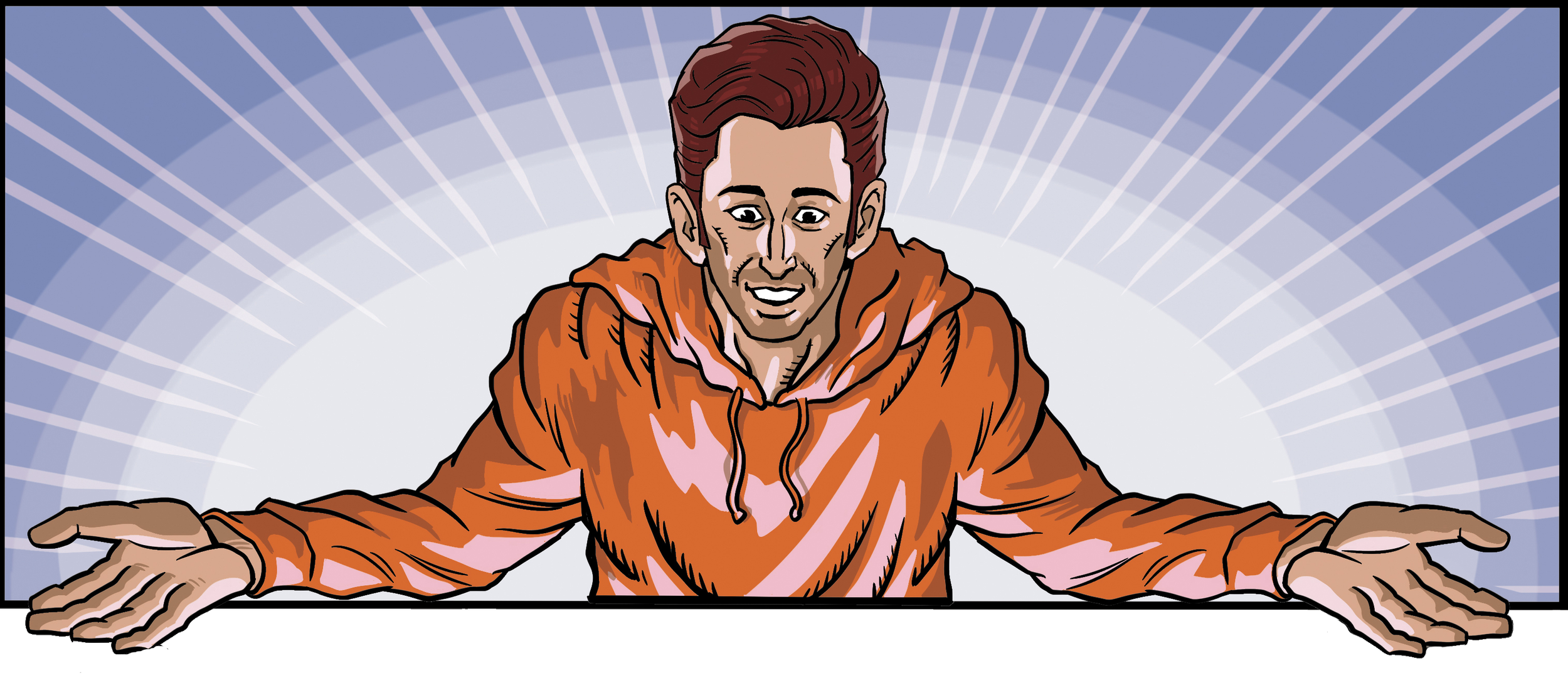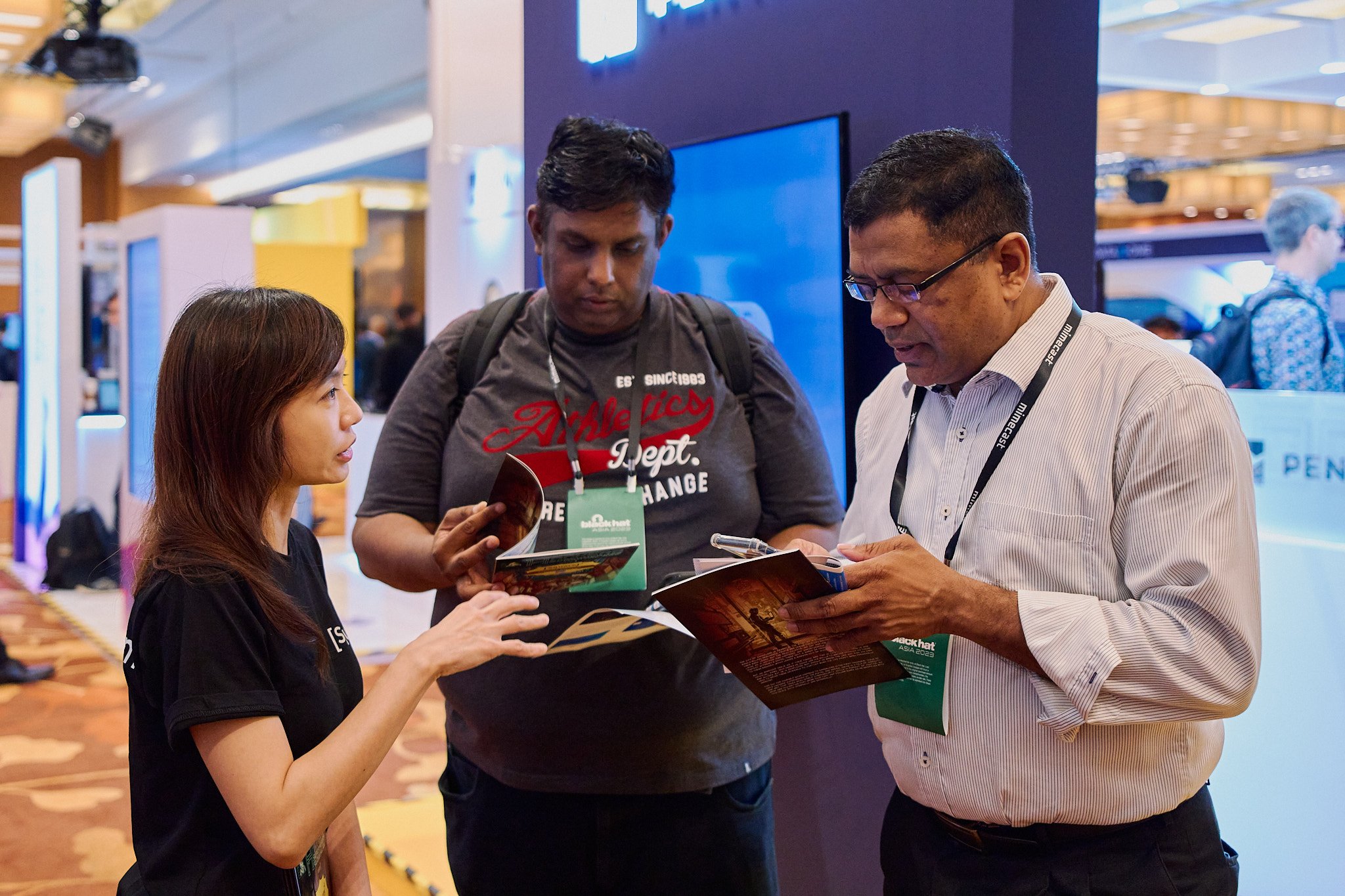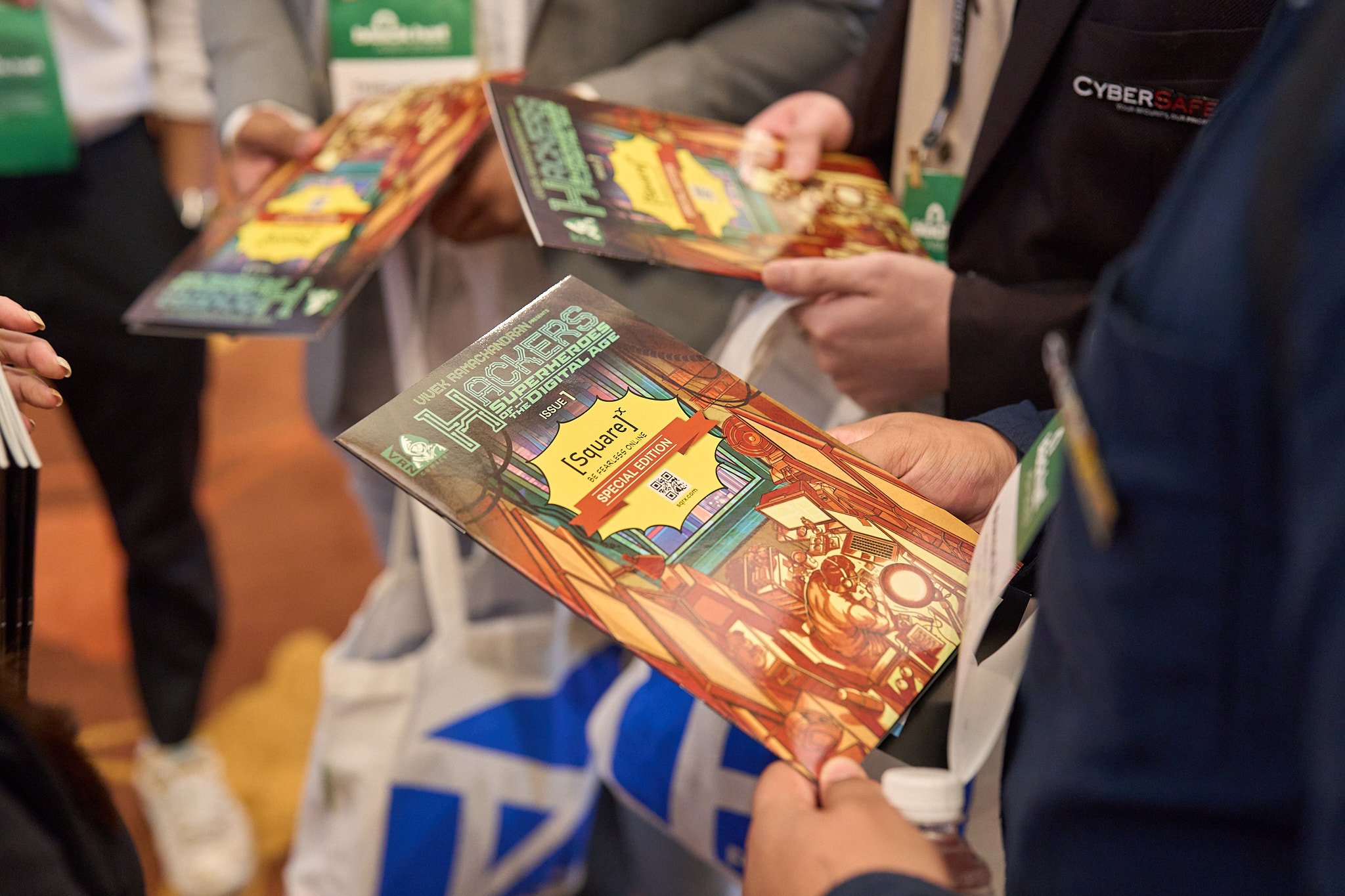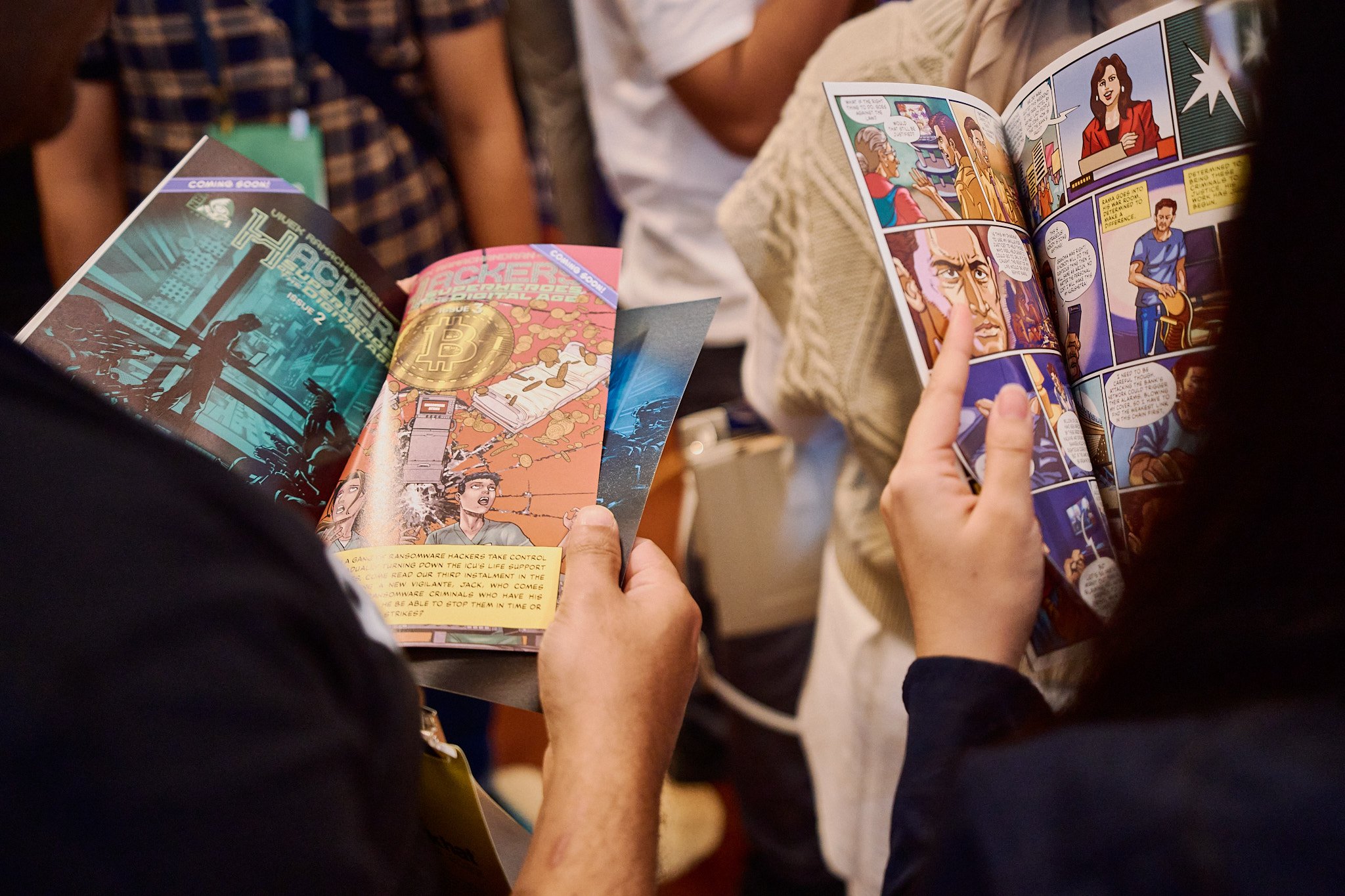Breaking Stereotypes: Changing the Perception of Hackers with Comics
Caution: mild spoilers for Issue #1 ahead! You may want to read it first.
Tell someone you’re a security professional, red teamer or ethical hacker, and you’d likely hear questions such as:
“Hey, can you recover my Facebook password?”
“Can help me hack into my girlfriend's account?”
“Do you always wear a hoodie?”
While such questions can be demeaning, they have unfortunately become par for the course. After all, hackers have long been subject to unfair stereotypes and misconceptions. Thanks to mainstream media, the term “hacker” conjures an image of a basement-dwelling, socially maladjusted individual who wreaks havoc on computer systems — invariably sporting a dark hoodie.
The stereotypical hacker: a hoodie, black backpack, chaos and destruction.
Worse still, hacks themselves are misrepresented — sometimes to the point of comedy. Who can forget the notorious hacking in scene in Swordfish, where Hugh Jackman's character, amidst drinks and dance, assembles cubes on a screen to effortlessly "complete a hack"? Movies and TV downplay the complexity of hacks while exaggerating their potency, suggesting that a few keystrokes can breach highly secure government systems.
These tropes may make thrilling story arcs, but undermine the effort of ethical hackers and security professionals who work tirelessly to protect governments, citizens and individuals. Furthermore, the Hollywood depiction of hacks not only misleads audiences, but trivializes the complexity and skill required in real-world hacking scenarios.
Let’s face it: there's a stark contrast in reputation between hackers and professions that enjoy considerable media glamour, such as actors or entrepreneurs.
Breaking Stereotypes
As laid out in our mission, VRN Comics was established to combat such stereotypes; to provide an accurate representation of hackers and their craft. We began by releasing Hackers: Superheroes of the Digital Age, a comic series featuring the world’s first hacker vigilante. The series incorporates three key elements in its narrative to challenge the negative perceptions associated with hackers:
1. Hyper-realism and the human element
The first thing we wanted to do was to tell the truth.
In Hackers, a deliberate decision was made to leave nothing to imagination. Every aspect of the comic, from the premise to the actual commands used by our protagonist, is based on real-world hacking techniques.
The comic format also proved ideal: with illustrations, we were able to bring the hacks to life in such a way that a general audience could grasp the technical concepts, and understand even more with a simple Google search. To further aid comprehension, the comic also includes an appendix that outlines the workings of the hacks – which readers have loved!
Dissecting the hacks — found in the last few pages of the comic.
Unlike movies that portray hacking as a mere technical exercise, we wanted to show the reader how hacking extends beyond computer systems alone. Instead of a Swordfish-esque character typing commands, our protagonist Rama’s hack incorporates reconnaissance, social engineering, and a keen understanding of psychology. We wanted to emphasize that hacking encompasses more than just computer systems; it is as much an art as it is a science.
2. Values, Justice, and Dharma: A Hacker’s Motivations
Our hero Rama draws inspiration from the Mahabharata.
Mainstream media often oversimplifies the value judgements and ethics behind hacking: hackers are usually cast as villain driven by simplistic motivations.
But in reality, the reasons to hack — or learning to hack — are far more nuanced. Instead of being solely driven by malicious intent, real-life hackers encompass a wide range of professionals with equally diverse motivations. Some are drawn to hacking out of technical fascination, while others are enticed by the lucrative salaries it offers. Additionally, there are those who feel an innate calling to protect others, further blurring the lines of ethical judgments within the hacking community.
We wanted to shed light on the multifaceted nature of such motivations, and hence wove in a tapestry of ethical and moral dilemmas throughout our story. Throughout the pages, our hero draws inspiration from the Indian epic Mahabharata and vows to use his skills for good, but also grapples with the reality of going against the law.
Our intention is not to glorify vigilantism, but rather to equip the reader with the right vocabulary to discuss such issues, and think deeper about values that drive Rama’s actions. We want readers to explore the profound sense of "calling" that can accompany the life of a hacker, and of course, do the righteous thing.
3. Embracing Diversity and Relatable Characters
Another stereotype we wanted to tackle was the prevailing characterization of hackers. In media, hackers are overwhelmingly male; and most are portrayed as “lone wolves” who exist on the fringes of society. VRN Comics thus set out to be inclusive: our priority is to portray hackers from diverse backgrounds, encompassing different regions, races, age groups, socio-economic conditions, and genders. This commitment reflects the truth within the hacker community, which is far more diverse than commonly portrayed.
In our debut issue, we deliberately portrayed Rama as someone most readers could relate to: a software engineer employed in a large corporation. Unlike “lone wolf” portrayals in popular media, Rama is an everyman — an ordinary individual who loves cybersecurity, and only wants the best for his family and friends.
Another reality of hacking — it’s hard work.
Diversity amongst hackers is not the most salient topic today, but it is immensely important — all communities should see themselves represented in the world of hacking, and be empowered to pursue opportunities within the field.
Putting Our Mission Into Action
In line with our mission to inspire, we’re also walking the talk and raising awareness about hacking in an accessible way. To date, our debut issue has already been read by thousands of readers internationally, via the online version.
To supplement our online presence, we have actively sought out opportunities to engage with the infosec community and share our message in person. In January 2023, we distributed our debut issue at SINCON Reloaded Conference in Singapore, where founder Vivek Ramachandran spoke about the making of the comic:
More recently, our comic also made an appearance at Black Hat Asia 2023, in conjunction with SquareX:
What's Next for VRN Comics?
We're just getting started on our mission to change the perception of hacking, and we have exciting plans ahead.
Following the positive response to our debut issue, we're eager to expand our reach, and plan to distribute physical copies of our comic at various conferences worldwide. For distribution opportunities, you may contact us.
In addition, we're already working on new issues of Hackers: Superheroes of the Digital Age that delve into fascinating topics like malware, blockchain and forensics, and industrial control systems (ICS).
Keep an eye on social media and our website for more news, and if you want to support our mission, share our first issue with a fellow hacker!









